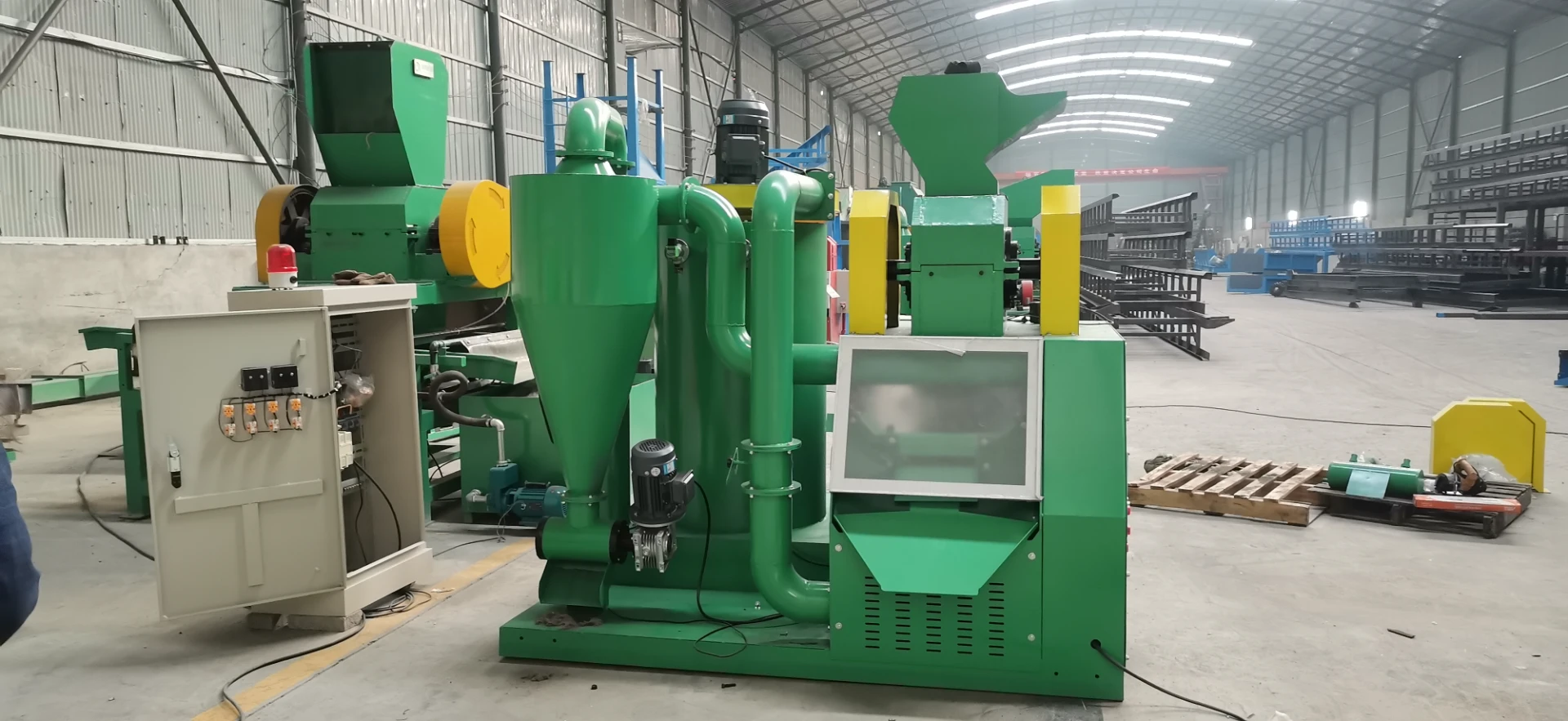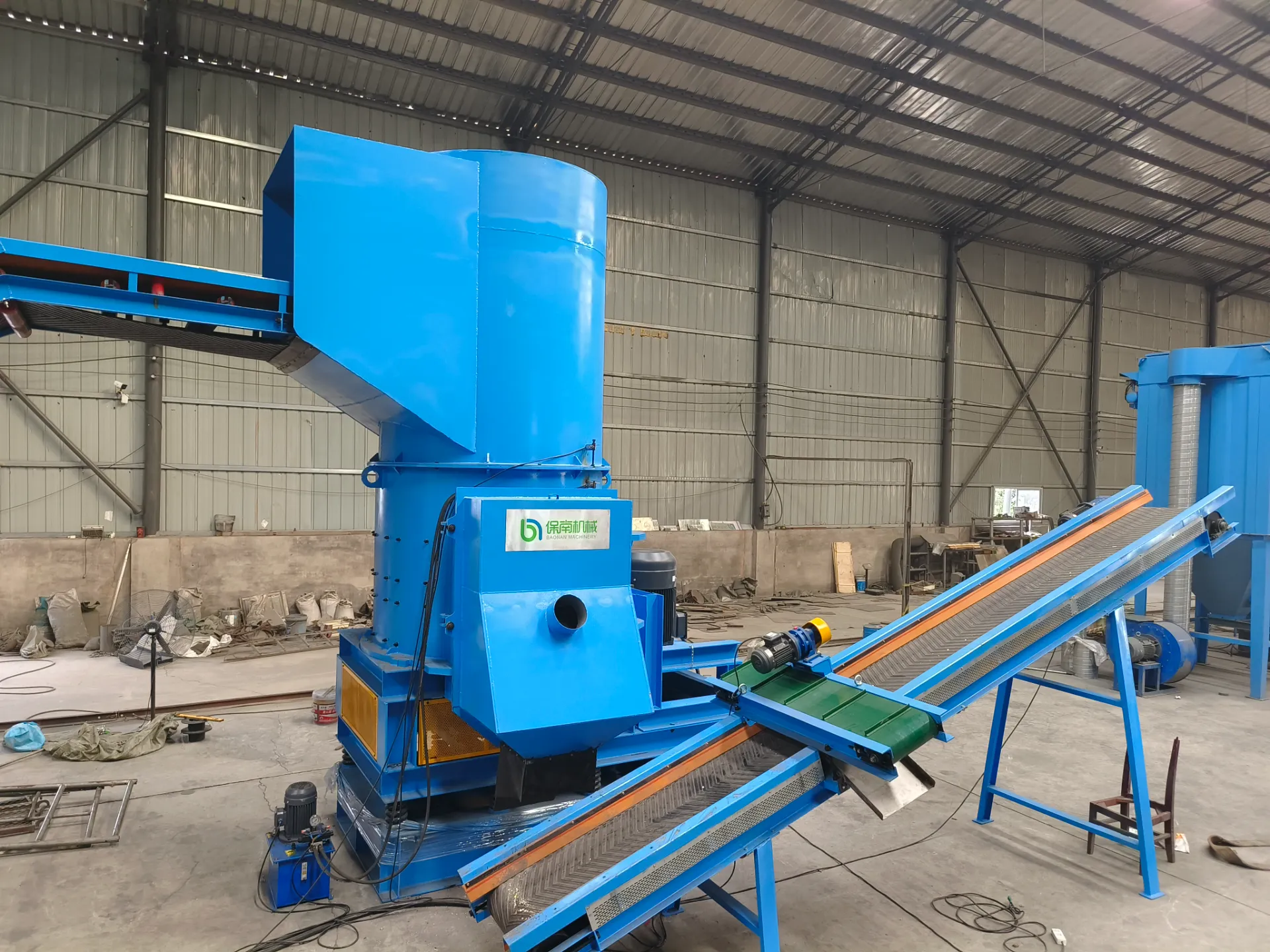Recycling electronics is an essential practice in our modern world where technology evolves rapidly, leaving behind a trail of obsolete gadgets. As an expert in electronic waste management, I've had firsthand experience with the challenges and solutions associated with recycling electronics effectively. In this guide, I will share detailed insights into how you can recycle electronics, focusing on methods that ensure environmental safety and efficiency.

Understanding Electronic Waste
Electronic waste, or e-waste, includes discarded electronic devices like smartphones, laptops, tablets, televisions, and more. These items often contain hazardous materials such as lead, mercury, and cadmium, which can pose environmental and health risks if not disposed of properly. The key to responsible e-waste management is understanding the components of these devices and the appropriate recycling methods.

Step-by-step Guide to Recycling Electronics
1. Identify Recyclable Items
Begin by sorting through your electronics to determine which items are recyclable. Devices that are broken beyond repair, or outdated models that cannot be upgraded, should be earmarked for recycling.
2. Data Security
Before recycling, it's crucial to ensure that all personal data is removed from your devices. Either factory reset your devices or use professional data destruction services to prevent identity theft.
3. Locate Certified E-Waste Recyclers
Research and identify certified e-waste recyclers. These facilities are equipped to handle toxic materials safely and can ensure that valuable materials are recovered and reused. Look for certifications such as R2 (Responsible Recycling) or e-Stewards, which indicate a recycler's commitment to environmentally and socially responsible practices.
4. Participate in Manufacturer Take-Back Programs
Many electronics manufacturers offer take-back programs that allow consumers to return old devices for safe recycling. These programs often provide incentives, such as discounts on new products, encouraging consumers to participate.
5. Engage in Community E-Waste Collection Events
Local governments or environmental organizations frequently hold e-waste collection events where residents can drop off their unwanted electronics. These events provide a convenient and responsible option for disposing of e-waste.
how do you recycle electronics
6. Upcycling and Donating
Consider whether your old electronics can be upcycled or donated. Some organizations and charities refurbish old electronics for educational purposes or provide them to low-income families. This not only extends the life of the product but also supports community development.
The Importance of Professional Expertise
Partnering with professional e-waste recyclers ensures that your electronic waste is handled with the highest technical expertise. Professionals use state-of-the-art technology to dismantle and process electronics, ensuring that hazardous materials are contained and valuable metals like gold, silver, and copper are recovered. This expertise not only protects the environment but also aids in the conservation of natural resources.
The Role of Legislation and Standards
Globally, legislation plays a crucial role in shaping e-waste recycling practices. Familiarizing yourself with local and international e-waste regulations can guide you in selecting the right practices and partners for responsible recycling. Standards such as the Basel Convention regulate the transboundary movement of electronic waste and push for environmentally sound management of hazardous materials.
Trust and Transparency in Recycling Process
Choosing a recycling partner who is transparent about their processes builds trust and ensures accountability. Ask potential recyclers about their recycling procedures, certifications, and how they track e-waste from collection to final processing. A credible recycler should provide detailed reports and documentation of their recycling activities.
Conclusion A Call to Responsible Action
Recycling electronics responsibly is not just an environmental necessity; it's a personal responsibility. By following the steps outlined in this guide, and leveraging the expertise of certified professionals, you can contribute to a safer planet while potentially deriving economic benefits from the materials recovered. Remember, every device recycled is a step towards a sustainable future, reducing the carbon footprint and conserving the earth’s precious resources. Let us all take action to recycle electronics responsibly, ensuring that our impact on the environment is as positive as the technological advancements we enjoy.



